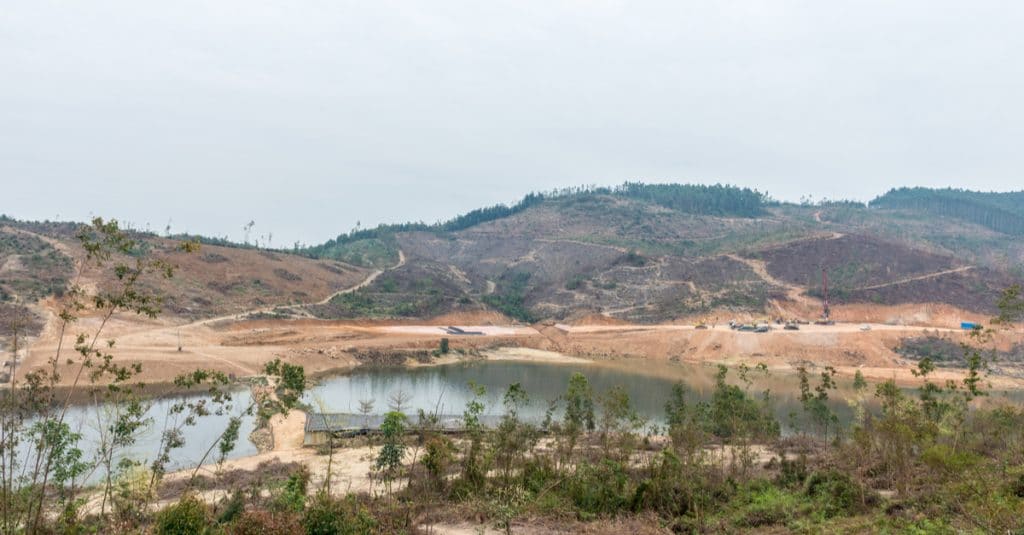The village of Kaptagat, located in the former Rift Valley Province in western Kenya, is known around the world as one of the best high-altitude training grounds for athletes. It is also an area of mountain ecosystems, whose forest cover has been ravaged for decades by human activities. To restore the local landscape, the Kenyan authorities have initiated an annual reforestation campaign.
The last four editions have reached a total of 210 hectares and distributed 12,000 avocado seedlings to communities adjacent to the forest in Uasin Gishu and Elgeyo Marakwet counties. For this year, the Kenyan authorities aim to restore 225 hectares in the five blocks of the Kaptagat Forest. These are Sabor, Kessup, Kipkabus, Penon and Kaptagat. This will require the planting of 319,000 trees, consisting of 310,770 indigenous species, 6,470 bamboo plants and 3,200 fruit trees.
Kenya wants to increase its forest cover by 10%.
The 2021 edition is coupled with the launch of the Master Plan for the Restoration and Rehabilitation of the Cherangany-Elgeyo Hills Ecosystem. The Cherangany-Elgeyo Hill Tract is a 414,928 hectare upland forest located in the Lake Victoria and Rift Valley catchment areas. The forest drains into Lake Victoria and Lake Turkana. “This management plan aims at rehabilitating degraded areas in this important ecosystem which is home to two important water towers. I urge our local leaders and community to support and participate in the restoration efforts,” says Chris Kiptoo, the Principal Secretary for the Environment in Kenya’s Ministry of Environment.
Read also-
Kenya is committed to restoring its degraded ecosystems in order to secure people’s livelihoods and combat climate change. At the 2021 edition of World Environment Day, this commitment was expressed by the Kenyan president. “We must conserve the planet for future generations. It is necessary to protect and preserve it,” said Uhuru Kenyatta. It is in this context that the East African country wants to increase its vegetation to 10% by 2022. According to the UN Food and Agriculture Organisation (FAO), 6.1% of Kenya, or about 3,467,000 ha, is covered by forests. An action that will see two billion trees planted, at a cost of 48 billion shillings (about 450 million dollars).
Boris Ngounou
